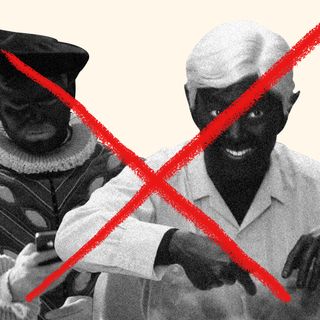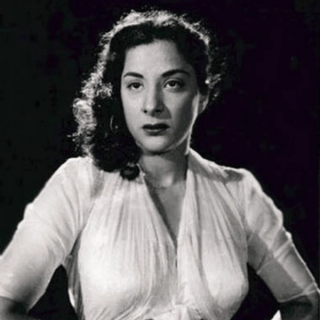A study assessing racial bias in the way commentators describe footballers of different races found Black and Brown players were more likely to be reduced to their physical characteristics, such as speed and power, while players with lighter skin tones were described more along the lines of their intelligence and work ethic.
Conducted by athletic footwear review site Run Repeat in partnership with The Professional Footballers’ Association (PFA), the study analyzed the 2019/20 English football season, looking at 80 football matches in which commentators talked about 643 players. When talking about intelligence during a game, the study found 62% of the praise was aimed at a player with a lighter skin tone, and 63% of the criticism was aimed at a player with a darker skin tone. Similar phenomena were observed when talking about leadership and work ethic, in which players with lighter skin tones were praised more frequently than darker-skinned players, and the latter criticized more frequently than the former.
These findings are in line with how Black and Brown players often get glorified in football media — Black Belgian striker Romelu Lukaku is often celebrated for his strength, which he tells the New York Times is a glorification of his “pace and power element,” which makes him wonder whether it’s tied to his being Black. Words like “beast” are also often thrown around to praise Black and Brown players, which again indicates an animalistic strength that POC are so often stereotyped to harbor, one that is often understood to be devoid of intelligence, creativity or individuality, and solely steeped in bruteness.
“Portraying African Americans as naturally athletic or endowed with God-given athleticism exacerbates the stereotype by creating the impression of a lazy athlete, one who does not have to work at his craft,” academics James Rada and Tim Wulfemeyer wrote in a 2005 paper analyzing college sports in the United States.
When sports media is constantly describing Black and Brown athletes on the basis of their bodies and not of their intelligence, it jeopardizes these players’ chances of climbing up managerial ranks in the sporting world when they pass their prime as athletes. Hearing racist descriptors, even if couched in praise, from commentators on a regular basis also greatly influences the way fans think about these players, which further compounds the problem. “If a player has aspirations of becoming a coach or manager, is an unfair advantage given to players that commentators regularly refer to as intelligent and industrious, when those views appear to be a result of racial bias?” Jason Lee, the P.F.A.’s equalities education executive, tells the New York Times.
Related on The Swaddle:
Indian Women’s Football Surges Ahead Without Resources, All Thanks to its Players
The numbers reflect this — out of 92 managers handling teams in England’s top four footballing divisions, only six are not white men, a BBC survey found, with the numbers decreasing as one moves lower down the divisions.
This critique of the sporting world, however, is not isolated to race. When it comes to gender, for example, we see women sidelined, both as athletes and especially as managers, coaches, and referees. Sports has always been a masculinized environment, which often requires people in power within it to imbibe masculine ideals of leadership, which women are often thought to lack, even in industries outside of sports. The calm-headedness of referees, the authority and wisdom of a coach, the shrewdness of a manager — these qualities have long been attributed to men, which is reflected in the numbers: a 2017 review shows men hold 91% of the coaching spots in women’s professional football in Europe. They also hold all manager positions in men’s football. The number of women referees in women’s football is increasing — despite people repeatedly calling for men to take over the job — but their numbers in men’s football remain abysmal, in a field that’s usually considered top-tier, offering opportunities for the most success.
The world of international sports — dominated for so long by white men — might have become more inclusive in the past decades, in the sense it has created more space for Black and Brown men, and women, to try and pursue their athletic careers. But this world, still mostly dominated by white men in all the influential positions of power, still otherizes POCs and women, and looks at them as products of the characteristics that make them ‘the other.’ Take Serena Williams, for instance — she has time and again been reduced to an “angry, black woman,” a rhetoric that almost always overshadows Williams’ brilliance on the court, and the passion with which she handles her tennis career. Her anger or disappointment at losing is always seen through the lens of her Blackness and her woman-ness, as if her racial and gender identity provides justification for the way she behaves, more than her person.
As long as white men control the world of sports, the sporting institution is always going to be looked at from the white, male gaze — and this gaze has always otherized POC and women. The only way to remove this gaze completely is to remove the white male hegemony from sports, and open up the field — to strong, fast, creative athletes that will one day become intelligent leaders with an excellent work ethic.




